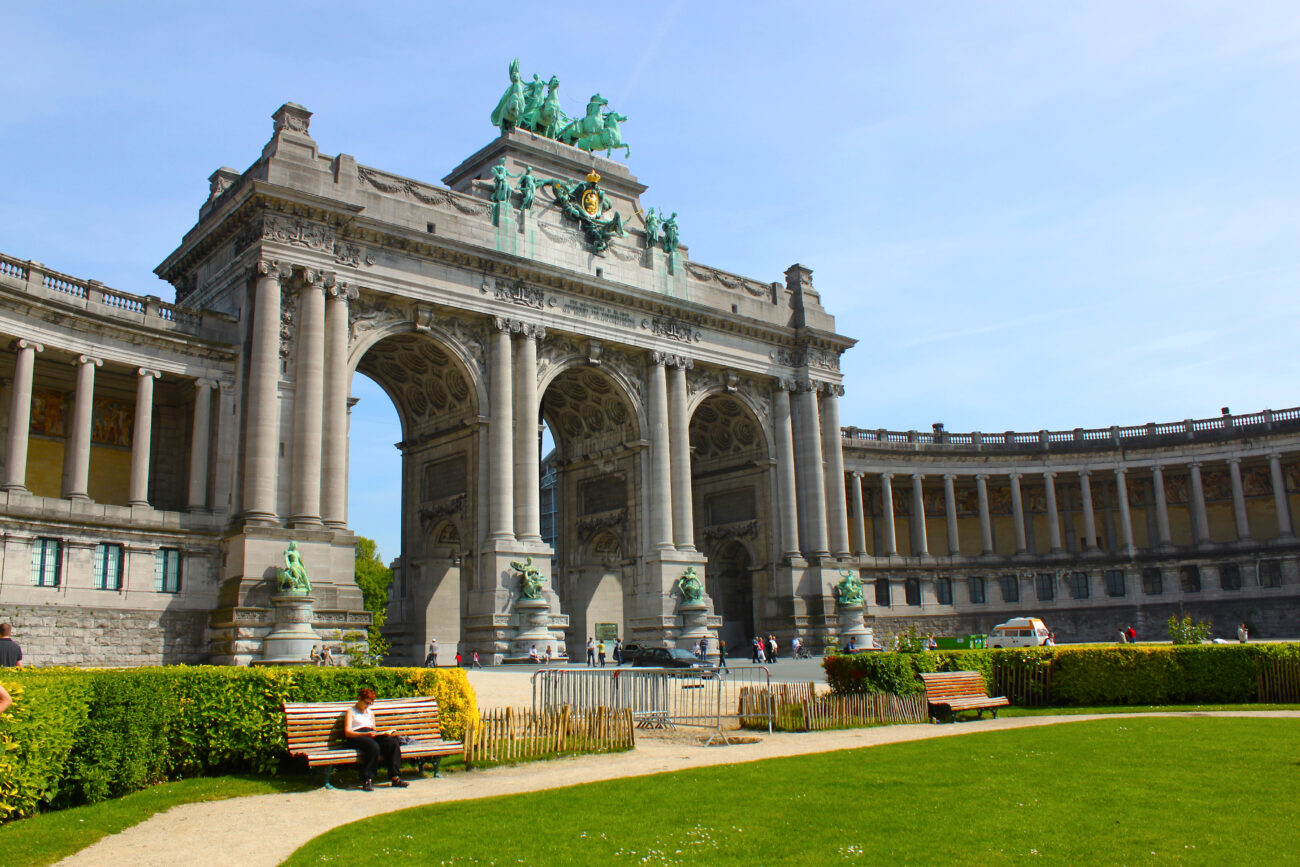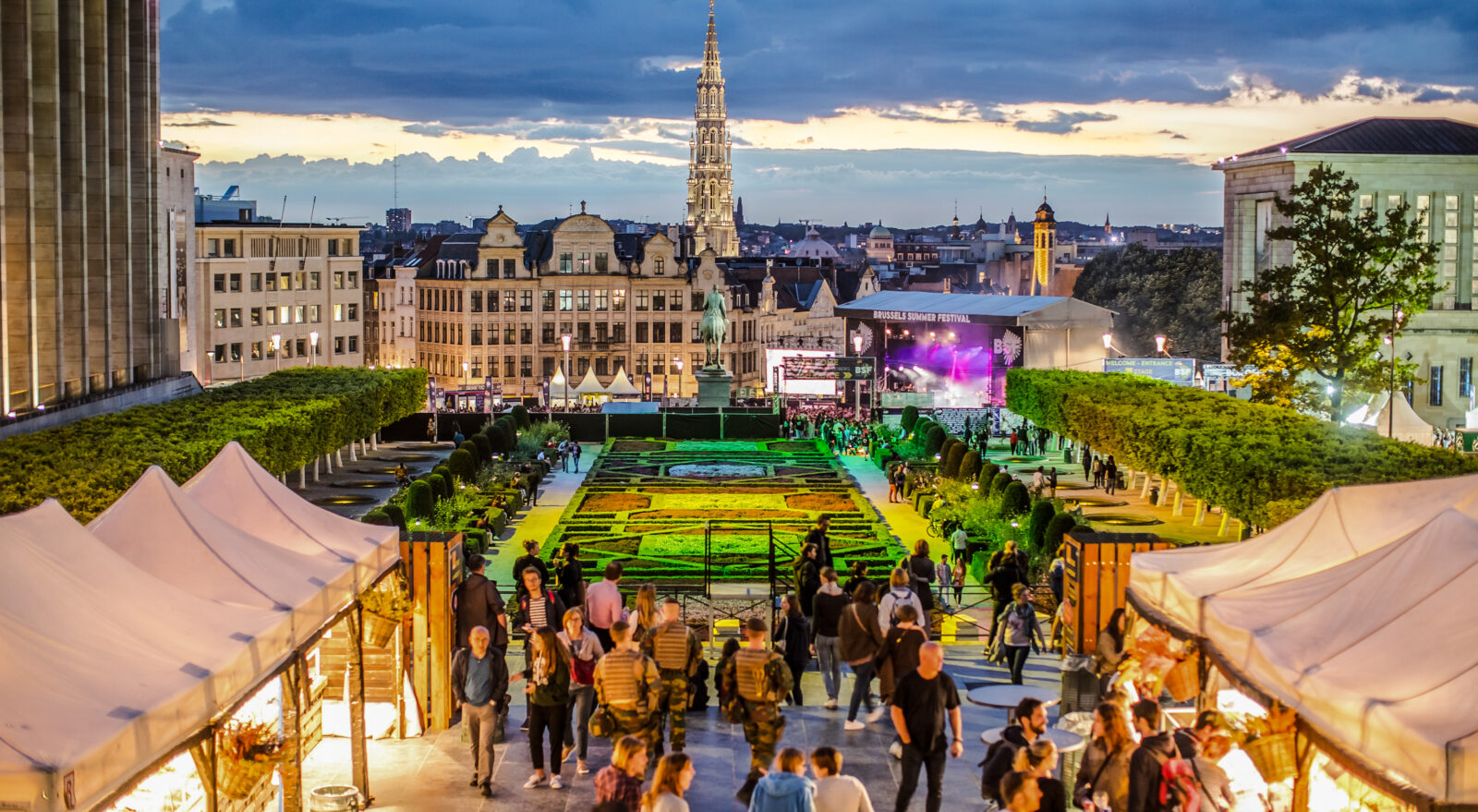A city of many dimensions, both green and urban, equally industrial and cultural, Brussels has been attracting international and European associations for some time now, having made the strategic decision to be the major European gateway for more than 2,400 organizations. Helping them achieve their international business goals is a top priority: Brussels joined a few years ago Washington, Dubai and Singapore in the Global Association Hubs Partnership to help associations grow in the world’s key regions and serve their overseas members.
Added attraction
The presence of the European Union, NATO, 15,000 lobbyists, more than 1,000 press correspondents, regular summits of the 28 heads of state, as well as the many facilities such as the AISBL status, good universities and hospitals, its central geographical position and accessibility, the professional services and the presence of the FAIB (Federation of European and International Associations established in Belgium) and the European Society of Association Executives (ESAE) have definitely added to the attraction of Brussels. The capital of Europe also regularly makes the top of the Union of International Associations (UIA) rankings, ahead of many bigger rivals.
As Brussels is showcasing its resilience, being born again, tourism – and business tourism – is part of the plan. Of course, things can’t really go back to the way they were pre-COVID: the strategy for the future of the tourism sector is set to stimulate a dual transition towards a more sustainable and smarter sector, also benefitting the city’s residents. This will lead to the development of safe and seamless tourism experiences powered by investment in venues, digitalization (data sharing, multimodal travel) and greener and more inclusive and accessible holidays (eco-tourism).
In this regard, Brussels has many cards to play. The smart city and mobility programmes of the Brussels Capital Region are steadily being put in place, with new applications, digital investments and an increasing share of cycling paths and public transport development. Meanwhile, the Green Key label has been awarded to many of its meeting venues, and Brussels’ hotel offer continues to grow, with the opening of the Residence Inn by Marriott at Brussels Airport, Moxy Hotel in Ixelles, Hotel Avenue Louise by Wyndham Hotels & Resorts, Holiday Inn Express Grande Place, Juliana Hotel Brussels, Corinthia Hotels Limited and DoubleTree by Hilton. New meeting venues include Brussels Airport Company’s Skyhall for up to 2000 people, the Gare Maritime and Maison de la Poste conference centre at Tour & Taxis, and Comet Meetings building in the business quarter Louise.
Return of meetings
This summer, Brussels has seen the return of large open-air events, such as music festivals, like newcomer Arena5, and popular sport events, such as the Memorial Van Damme in athletics or BXL cycling tour, as well as in-house trainings, business conferences and scientific congresses. Case in point: the NATO Summit was successfully held last June.
There is an understanding that business events are no longer about space and room nights anymore, but about security and transparency. The Brussels Health and Safety Label was recently deployed and applies to all operators in the tourism, hospitality, events and cultural sector. Its objective is to put the necessary measures related to sanitary safety aspects undertaken by the organization towards its staff and visitors. The label has a certification process and the list of those who have obtained it is constantly updated.

“We will continuously be working to improve the experience of trade fair and congress participants,” says Elisabeth Van Ingelgem, Director visit.brussels Association & Convention Bureau. “Brussels, being the world capital of international associations, is a city of many possibilities: our job is to promote the opportunities to organize meetings in our destination, in view of several new European challenges, such as the Green Deal, health, education, architecture and urbanism, artificial intelligence and technological evolution. Additionally, we are currently analyzing the possibility of setting up, within the sector, an incubator for the creation of new events.”
Strong network
For this, Brussels can count on a strong network of ambassadors, who have been in recent years instrumental in attracting conferences to the city. In fact, the Ambassadors Programme which the Convention Bureau created in 2015 is entering a new phase. “Its five years of existence have been extremely satisfactory,” explains Van Ingelgem. “We’ve recently had a good discussion about the future with our Ambassadors. Now, our experience allows us to be more specialized when we target the medical sector, social sciences, territorial development or new technologies, which is aligned with Brussels key economic and scientific clusters.”
As Brussels is steadily developing and continuing to adapt its international dimension within the current circumstances, it shows how resilient it is, seizing opportunities and making sure its strategy will benefit both its residents and visitors in the long term.
Contact: meetings@visit.brussels | www.visit.brussels/meetings
